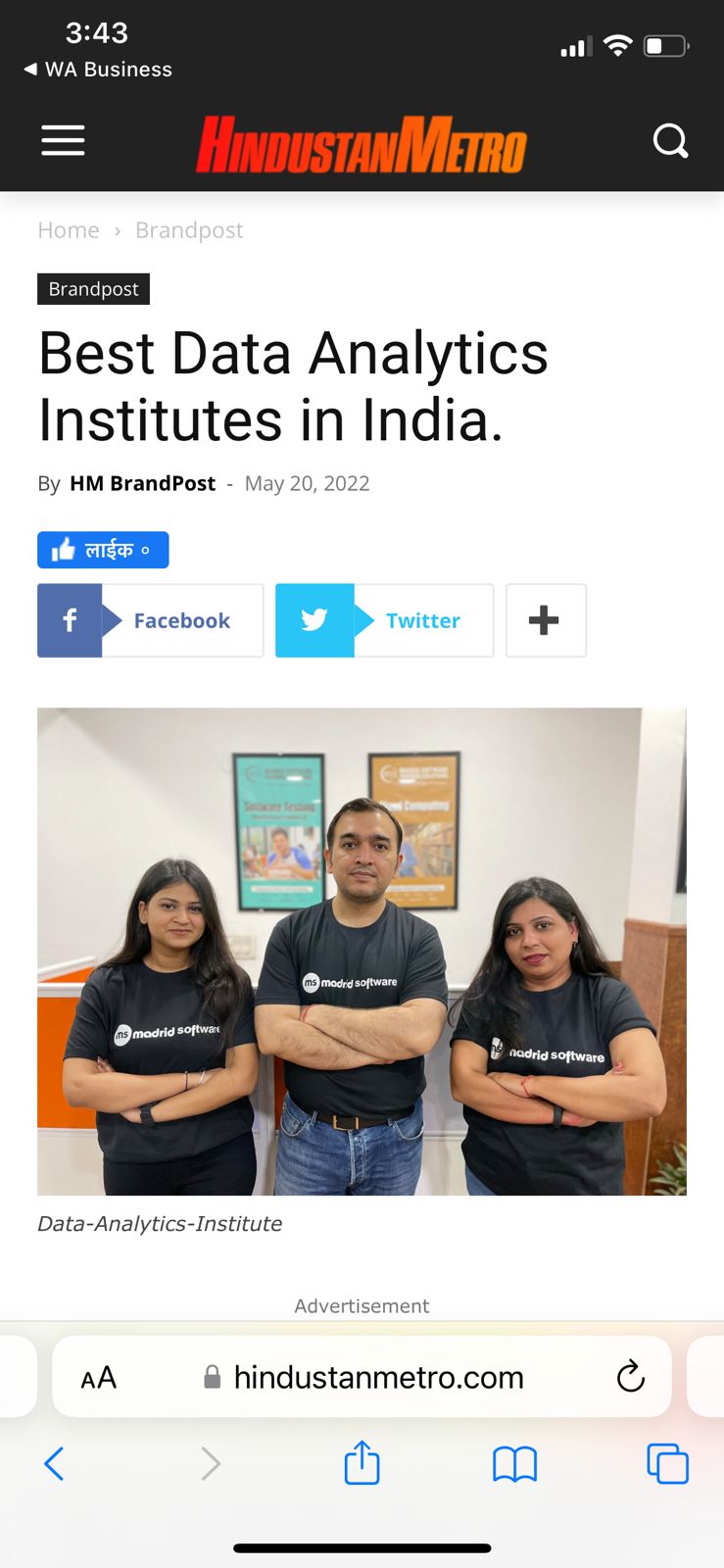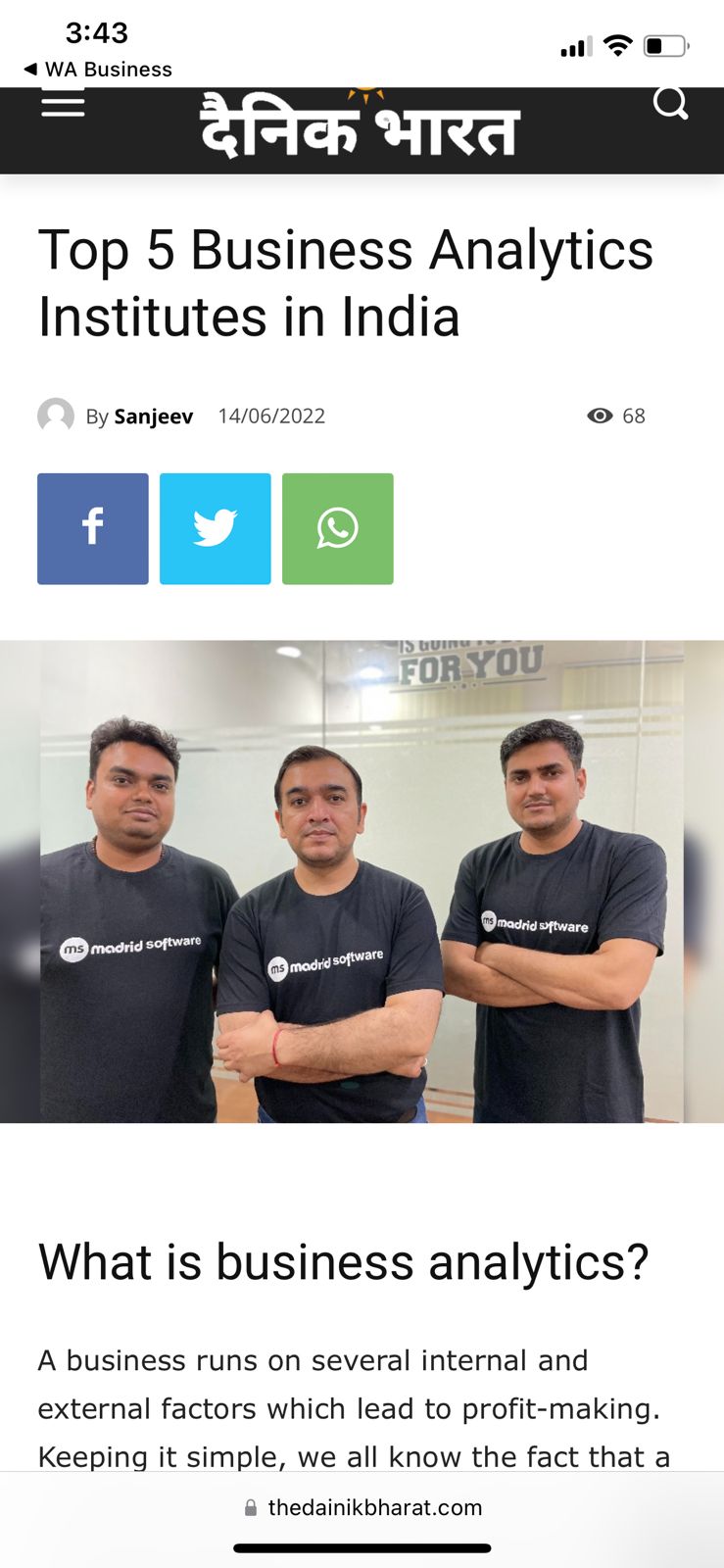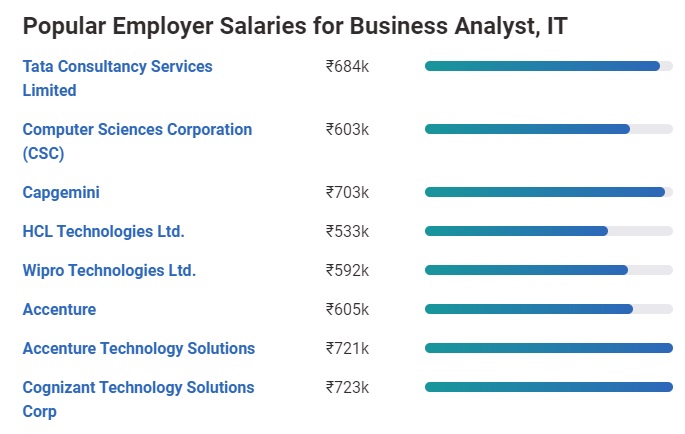Importance of business analytics in the digital era:
There are many reasons why business analytics is now so popular and widely being used in all industries worldwide. In this blog, we will show you the 3 major causes that industries are now looking for business analysts to make data-driven decisions.
- Informed-decision making-
Uber upgraded its Customer Obsession Ticket Assistant (COTA), which is basically a tool that uses machine learning algorithms (ML) and natural language processing (NLP) to help agents develop their speed and precision when responding to support tickets, in early 2018.
It used prescriptive business analytics to examine whether the innovative iteration of the product would be further effective than its initial version.
Then the company was finally concluded that the updated product led to more rapid service, more correct resolution recommendations, and higher consumer satisfaction. These insights saved the company millions of dollars.
- Increase in revenue –
Companies that use data and analytics initiatives can experience major financial returns.
Research by McKinsey shows organizations that endowed big data yield a 6% average increase in profits, which eventually jumps to 9% for investments spanning five years.
These findings demonstrate the clear financial payoff that can be gained from a robust business analytics strategy.
- Quality improvement in the organisation’s internal business operations – Beyond financial gains, analytics can be used to fine-tune business operations. Armed with the information, firms can prevent outages by more effective time management, enabling it to save on operational costs and ensure that it leverages assets at optimal performance levels.

Business Analysts are high in Demand:
- LinkedIn listed business analysis as one of the skills companies need most in 2020. The Bureau of Labor Statistics predicts operations research analyst jobs to rise by 27% by 2026 which is faster than any other operation.
Business analytics career growth has an excellent stance. The number of jobs for business analysts will boost from the current 364,000 to 2,720,000 openings by 2020.
According to the latest survey, the salary package for beginner business varies between ₹ 3,55,000 – ₹5,00,000 per annum. A business analyst with 1 to 4 years of experience can expect a salary up-to ₹5,50,5000.
By choosing a business analyst career path, you can achieve a strong role in the business process analytics and opportunities to work on more than one operating system.
Kickstart your business analyst career with the business analytics course in Delhi provided by Madrid Software Trainings which is recognized as the best business analytics training institute in Delhi by industry professionals.
.png)




 (5) (1).jpg)
 (2) (1).jpg)









 (4).png) Call Now
Call Now